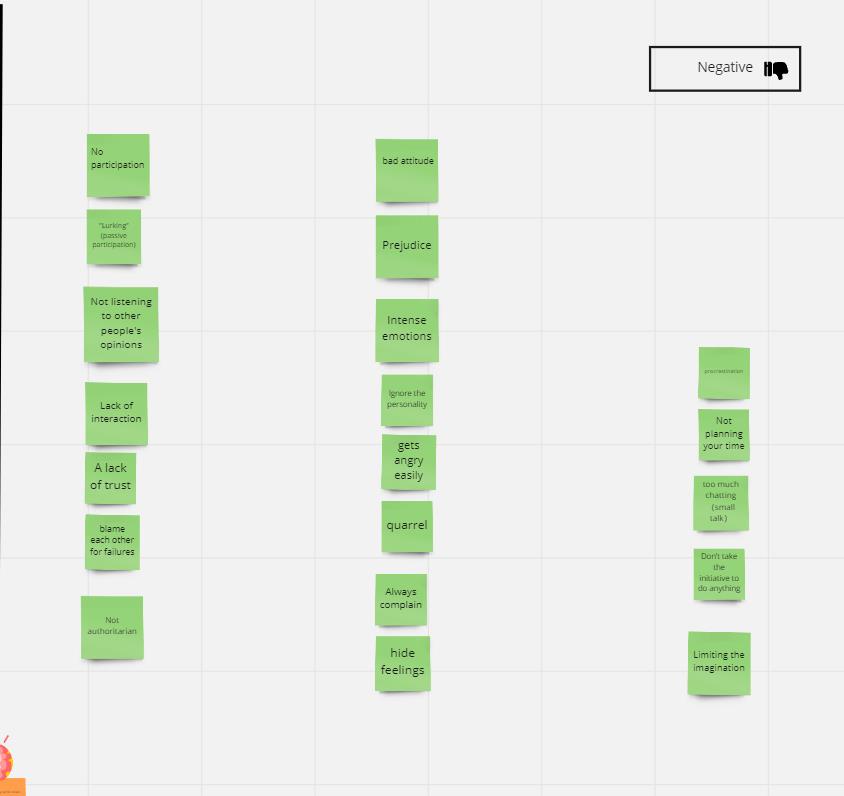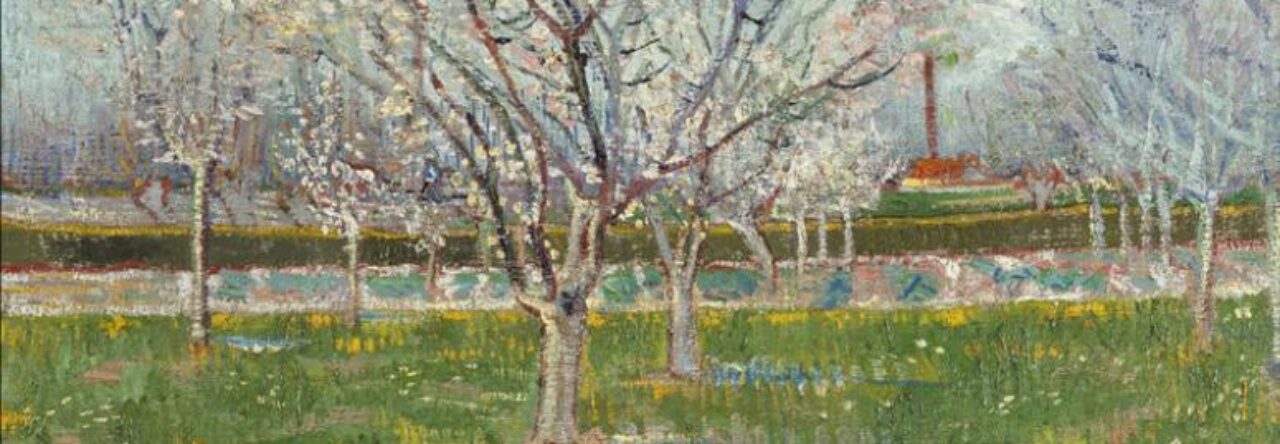Paragogy and Basho
Due to an ‘educational turn’, the academy wanted to “stimulate reflections on this potentiality within society”, which we are transfer to an academy learning to practice learning, in this para-acadamic background of art education, include and “extend the possibilities for experiential leaning or action research”. (Neil, 2019) Thus, we are work with a group of basho contains five principles of learning, which are everyone is equal but different, we are sharing our contexts together and may reset up meta-knowledges during the basho work, also we are work respective and practical and learn from other people concerned as a method of nonlinear learning.
The green basho meeting is held in last Thursday, during the communication with multiple peers, it is difficult for everyone to express their own ideas that be received and accepted. Sometimes, I would like to express but it is difficult to do so. Also,I want to openly collaborate with my peers so that we can learn together.
In Thursday’s meeting, our members produced different perspective of view, the comparison of consensus point everyone to use short time to write on the whiteboard, a little discussion on personal point of view. In general, some people interact more with each other than others. Maybe we are not familiar with each other in the first time, every individuals has a different personality, a team in the conference, if overexpressing their views is not necessarily, but at the same time not to express is a kind of negative way, however if we all express our opinion that might discuss without a consequence, based on that it is also a difficulty for basho discussion.
As our counselor reflected some feedbacks on Tuesday, he said that in the future we can constantly to improve some disadvantages every week with our basho meeting, to increase the interaction between inter-subject activities, make each team member can feel the fun of our workshop, they make sure can learn something from others, each individual’s point of view is also vital significant that how we could find a balance point on it, It also allows each of us to find their position and value in the workshop discussion.


The positive note I putted on the miro whiteboard is that we can encourage everyone to express their opinions, listen to others carefully and learn to adopt others’ opinions, to find a balance between each other. Furthermore, every single individual interact with other is important, which helps everyone to enjoy the workshop. On the negative note I wrote about two things which is no interaction and bad attitude. From the perspective of attitude, which is related to ethics, friendly people for our whole team advance is necessary, if a person to treat others in a unfriendly way, for the whole team’s environment and people around you is not good, thus I think this is important, and friendly treat people play a significant role. To sum up, Ideal notes are closer to positive notes and prohibited notes are closer to negative notes. The reality is probably a little bit more in the middle, a lot of times you don’t meet people who have a very bad attitude and you don’t meet people who are very positive, so maybe the group members need to communicate with each other and find a balance between each other and the group.
Finally, I would like to talk about the meeting place. All the above are ethical principles. It is easy to find and change the meeting place, which will also help improve the work efficiency of the group and make people feel fresh, so as to enhance their interest in the seminar. For example, we can meet in a Cafe next week and have a cup of coffee and some sandwiches together. Constantly inspired by the experience of life and the desire to communicate with others. From the physical environment and spiritual perspective to improve quality and efficiency with our basho.
References:
Mulholland. (2019). Re-imagining the Art School Paragogy and Artistic Learning / by Neil Mulholland. (1st ed. 2019.). Springer International Publishing. https://doi. org/10.1007/978-3-030-20629-1



s2341920
Tianai and I are members of the same basho in this sprint, and she is very proactive in presenting her ideas and integrating everyone’s views in the exchange, which is also reflected in the reflections
wjake
Tianai Zhang, this was a useful recounting of how your initial basho activity unfolded and your role in this process. As you note, this is a tentative process with everyone being so new to each other and the ability to express oneself in that context can be difficult so don’t worry this will come as the course and the group develop.
I recommend trying to use more academic citations and references in your blog posts where possible. Currently you are reflecting on the experiences from a purely personal perspective but this can be enhanced by providing context for the activities and your perspectives by drawing on the resources provided on the Course blog.